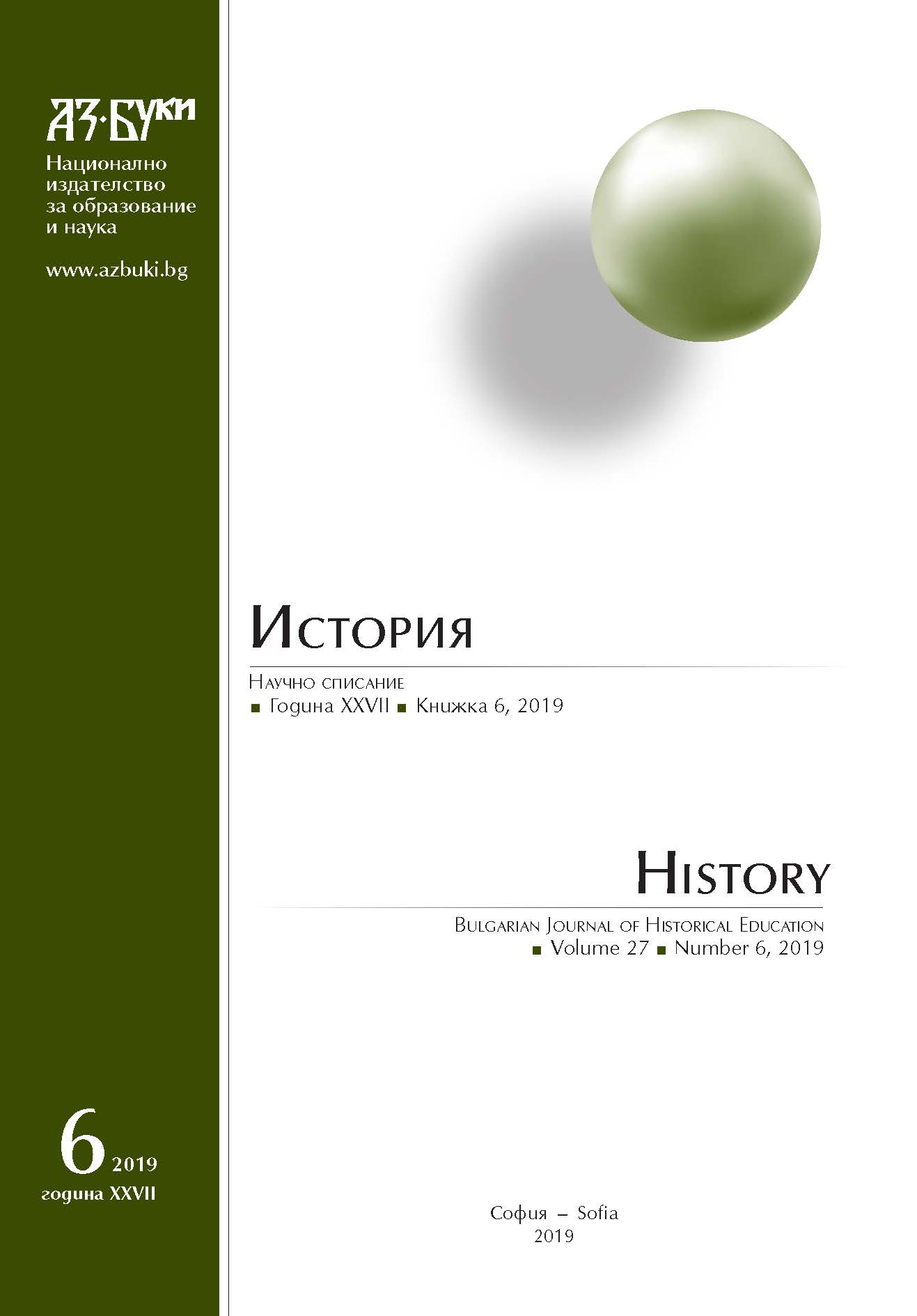Повратни времена: Ихтиманският вакъф на Михалоглу Махмуд Бей от неговото създаване през ХV до началото на ХХ в.
Times of Transformational Change: The Pious Endowment of Mihaloğlu Mahmud Bey from Its Establishment in the 15th until the Beginning of the 20th Century
Author(s): Maria Kiprovska, Veselin YanchevSubject(s): Politics / Political Sciences, History, Archaeology, Cultural history, Civil Society, Economic history, Ethnohistory, History of ideas, Local History / Microhistory, Modern Age, Recent History (1900 till today), Special Historiographies:, 16th Century, 17th Century, 18th Century, 19th Century, The Ottoman Empire
Published by: Национално издателство за образование и наука „Аз-буки“
Keywords: Ihtiman; waqf; Ottoman empire; Principality of Bulgaria; Eastern Rumelia; Mihaloğlu family
Summary/Abstract: The modern town of Ihtiman owes its establishment and further development during the Ottoman period to the members of the noble Mihaloğlu family who settled in Ihtiman and turned it into its residence and a center of its large pious foundation, founded to support the religious, charitable and educational institutions built in the town. The history of Ihtiman remains closely linked to the Mihaloğlu family ever since its establishment until the end of the Ottoman rule in the Bulgarian lands. The present article outlines the development of the waqf of Mihaloğlu Mahmud bey in the area of Ihtiman from its foundation till the first decade of the 20th century in an attempt to point out to its importance for the period of Ottoman rule as well as during the period immediately after the proclamation of independent Bulgaria when the so-called “waqf question” occupies a key place not only in the international relations of the young national state with the Ottoman empire but it also stood out as an essential problem in internal politics as well. The documents from the period after the Russo-Ottoman war of 1877–1878 allows for the elucidation of certain hitherto understudied questions connected to the last years of Ihtiman pious foundation’s existence in particular, as well as to the tracing out of the fate of the members of the Ottoman elite in the face of the Ihtiman waqf administrators during the new political and economic conditions of the national Bulgarian state.
Journal: История
- Issue Year: 27/2019
- Issue No: 6
- Page Range: 559-598
- Page Count: 40
- Language: Bulgarian
- Content File-PDF

